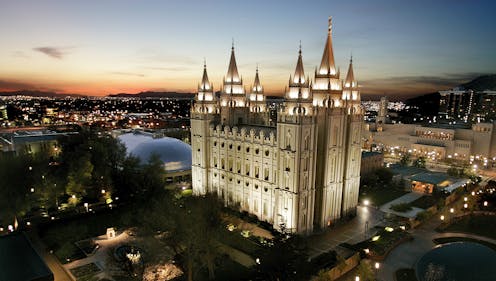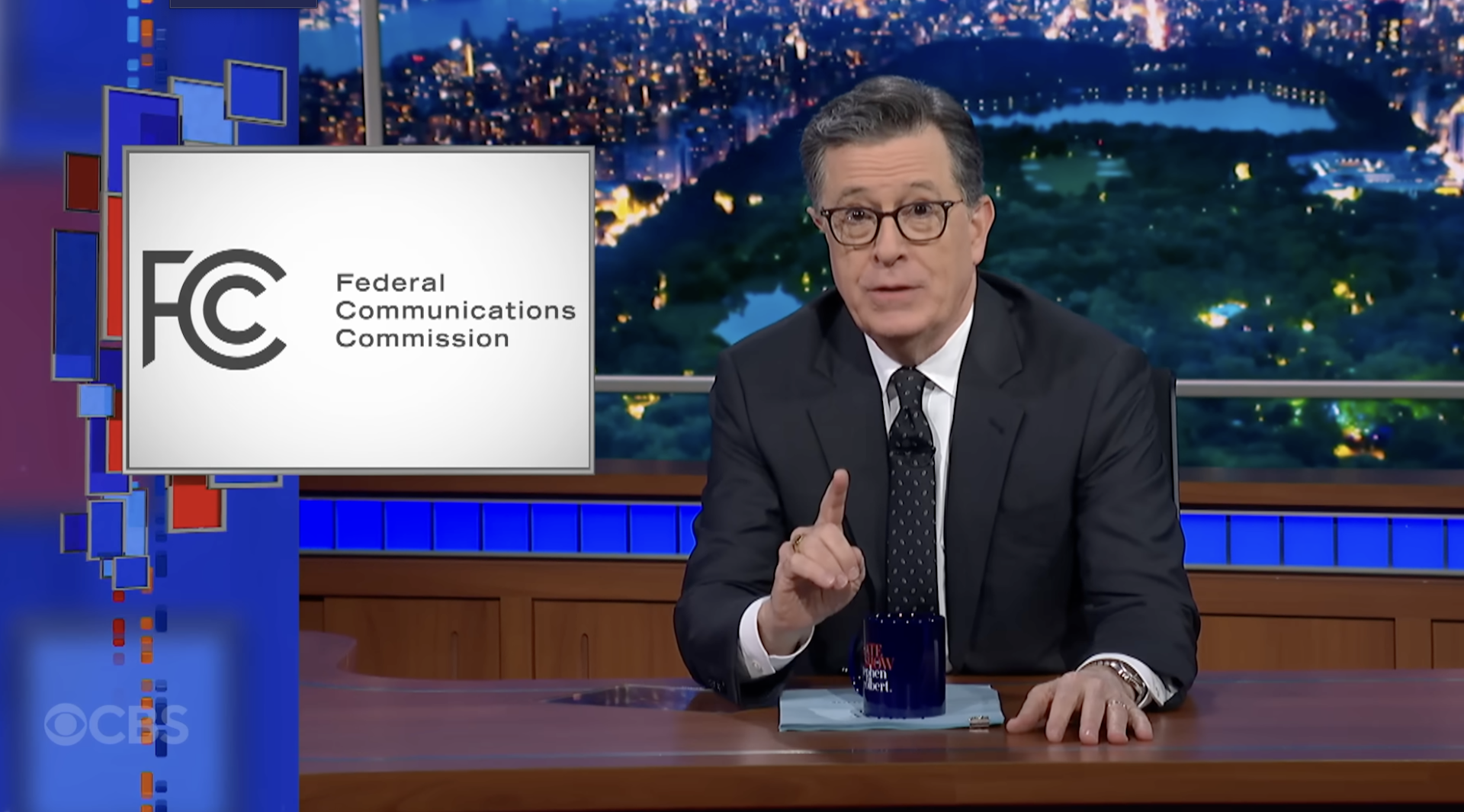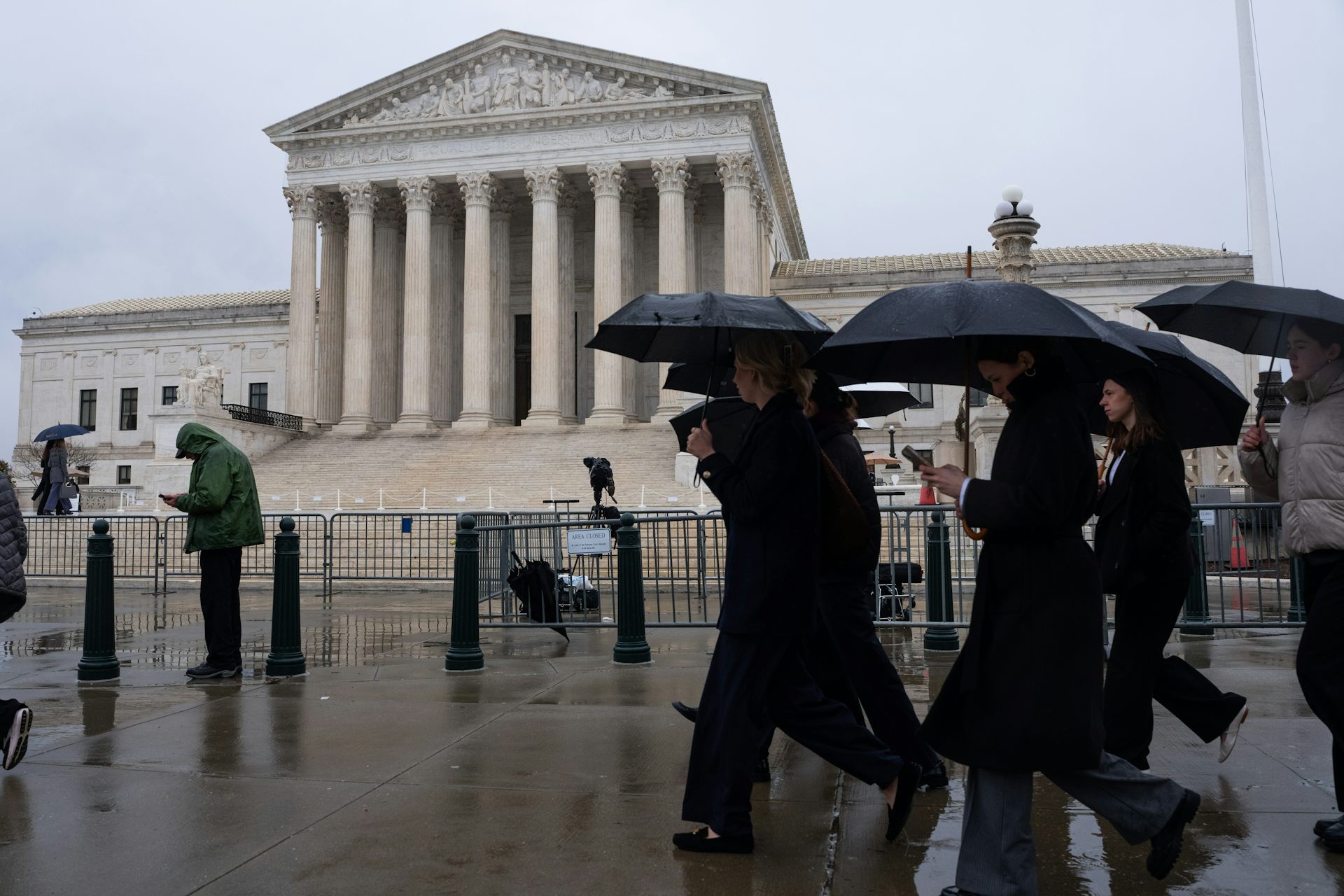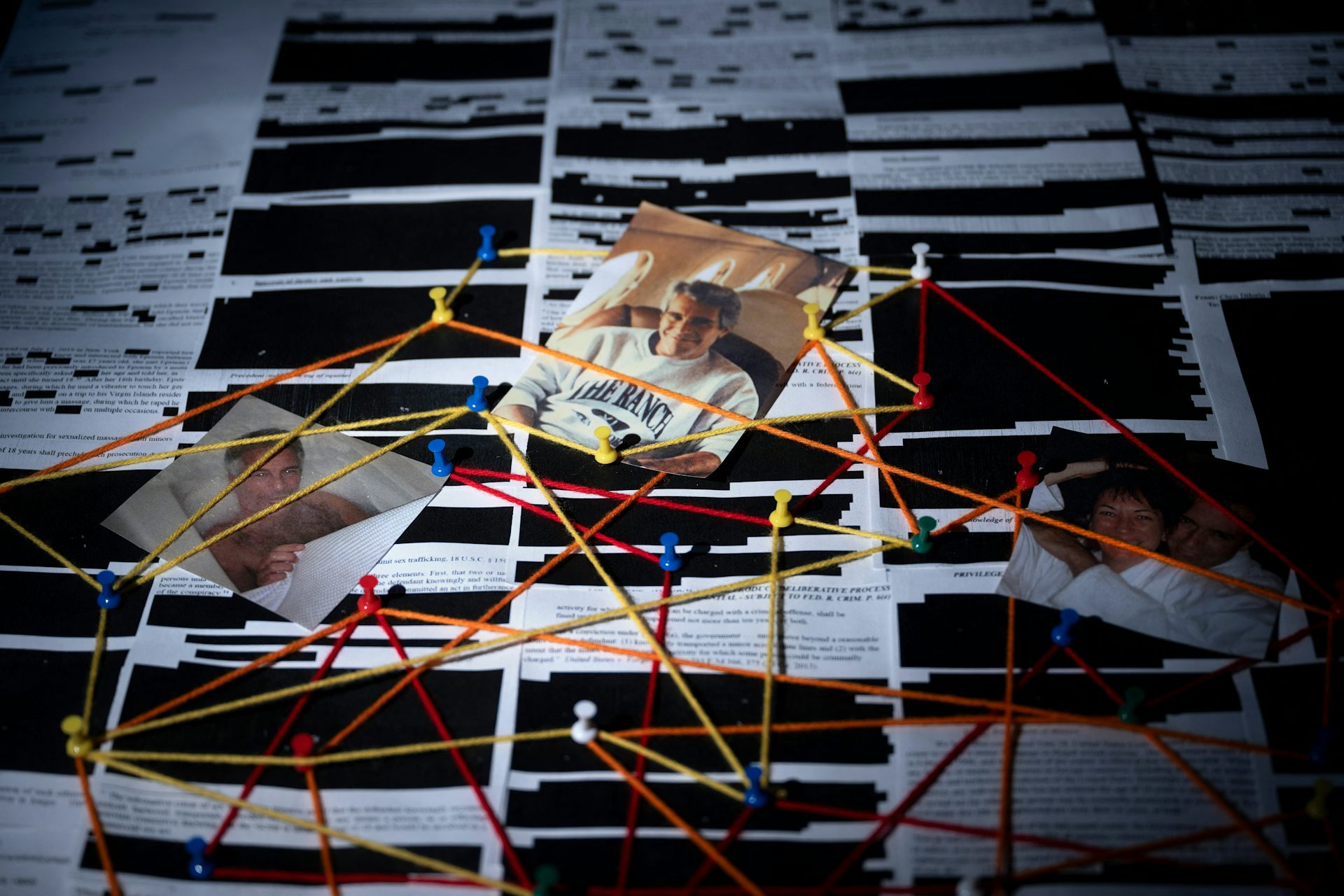Latter-day Saints lawsuits raise questions over Mormon tithing – can churches just invest funds memb
Like all charitable donors, church members – even those who make donations to remain in good standing with their religious institution – give up their legal right to control that money.

Three men have filed a lawsuit against the Church of Jesus Christ of Latter-day Saints – also known as the LDS or Mormon church – and its investment arm, Ensign Peak Advisors, Inc. The men, at least one of whom remains an active member of the church, according to the lawsuit, allege that the church had fraudulently induced them into making donations.
LDS church doctrine requires its members to tithe – that is, give 10% of their income to the church. Otherwise, members cannot attend or participate in worship in the church’s temples.
As a law professor who studies the financial practices of churches and other tax-exempt organizations, I have seen that it is hard for donors to win a lawsuit against their church – or any other charity – when they demand a refund for their donations.
3 kinds of relief
The lawsuit against the LDS church and Ensign Peak, filed on Oct. 31, 2023, is based on the premise that the church has violated its members’ trust by amassing massive investments in stocks, bonds, real estate and agriculture that don’t support charitable activities.
The men are seeking three forms of relief.
First, they want the court to certify their suit as a class action – meaning that these plaintiffs could pursue the suit on behalf of everybody who had allegedly been defrauded into making donations to the LDS church – which says it has about 6.8 million U.S. members.
Second, they’re asking the court to order the LDS church to stop its allegedly deceptive practices, including its purported failure to give the money it has collected and reserved for charitable purposes to charity. The lawsuit also calls on the LDS church to make more of its financial practices known to the public and to appoint an independent special master to oversee the church’s collection and use of its revenue.
Third, they ask the court to order the church to refund the donations they have made over the last 10 years, an amount they say totals for the three of them around US$350,000. They’re also requesting other monetary relief, including that the LDS church pay their legal fees.
The church doesn’t disclose details about its finances. It has denied the allegations that it committed fraud with its “sacred funds” or dipped directly into tithed funds or other pools of money received for charitable purposes to make investments.
This financial opacity has hurt the LDS church before. In Febrary 2023, the U.S. Securities and Exchange Commission found that Ensign Peak, the church’s investment arm, had failed to make required disclosures of its securities portfolio. The SEC fined the church and Ensign Peak a total of $5 million.
Estimates vary regarding the size of the church’s portfolio. By a whistleblower’s estimate, it may be as high as $100 billion.
Donors generally have no say
Charitable donations, generally of money or property, are often deductible for tax purposes because churches qualify as exempt under section 501(c)(3) of the Internal Revenue Code. Just as when you give money to a friend or relative, you no longer own or control those dollars after the transaction is completed.
Unless a donation is a restricted gift, making it contingent on the charity using it in a particular way, its use is out of the hands of the donor.
While donors cannot get their money back when they are disappointed by a charity, they will probably stop making donations.
Most donations to religious institutions are unrestricted. That means that even if church members who tithe do not like how their church spends money, unless their church acted illegally in soliciting their donation – by, for example, lying about how they would use the donation – a member’s only option is to stop giving.
Fiduciary duty – for the institution
The men who are suing the LDS church and its investment arm don’t just say they disapprove of how the church is spending their tithed funds. They argue that the church breached its fiduciary duties to its members – all of whom are also its donors.
Fiduciary duties encompass a special duty to act in the best interests of someone or something, based on certain legal relationships. Churches generally do not owe fiduciary duties to their members.
Allegations of fraud
While donors generally have no say regarding how their charitable donations are used, there is an exception when the charity fraudulently induces the donor to make the donation.
And these plaintiffs allege that this is what the LDS church did: that it claimed donated funds would be used for charitable purposes, but that they were not.
James Huntsman, brother of former Utah Gov. Jon Huntsman Jr., is also accusing the Mormon church of lying in a separate lawsuit he filed on his own against the Church of the Latter-day Saints in March 2021. That case is still pending.
A Utah state law prohibits charities from lying to their donors and allows donors to sue to get their money back from charities that violate this statute. And yet fraud is hard to prove. In Utah, in particular, there’s a nine-part test for this purpose.
This is all moot, at least for the lawsuit filed on Halloween in 2023, if the statute of limitations has run its course. In Utah, plaintiffs must file fraud suits within three years of when they discover or should have discovered fraudulent behavior.
And the Ensign Peak allegations first surfaced in 2019 – four years before the plaintiffs filed this lawsuit. Their lawyers argue that the statute of limitations does not bar the case, because the LDS church hid how it used the money and plaintiffs could not have discovered the alleged fraud until recently.
Seeking relief
If the three men were to win this new court case, they would be entitled to monetary damages, likely including at least the return of the $350,000 they have said they donated to the LDS church over the past decade. But they are also asking for the court to order the LDS church to make periodic financial disclosures and to appoint an independent authority outside the church to oversee the church’s finances.
These orders would go above what Utah law requires of nonprofits incorporated in the state. But beyond that, I believe they would likely violate the church’s First Amendment rights to religious freedom.
The Supreme Court has held that courts cannot interfere with churches’ internal affairs.
A church’s internal affairs include not only disputes over doctrine and clergy, but also disputes over church administration. Appointing somebody to oversee how the LDS church raises and spends its money would violate this doctrine.
Samuel Brunson is practicing member of the Church of Jesus Christ of Latter-day Saints.
Read These Next
Why Stephen Colbert is right about the ‘equal time’ rule, despite warnings from the FCC
The ‘equal time’ rule has been around for a century and aims to promote broadcasters’ editorial…
As war in Ukraine enters a 5th year, will the ‘Putin consensus’ among Russians hold?
Polling in Russia suggests strong support for President Vladimir Putin. Yet below the surface, popular…
Supreme Court rules against Trump’s emergency tariffs – but leaves key questions unanswered
The ruling strikes down most of the Trump administration’s current tariffs, with more limited options…






